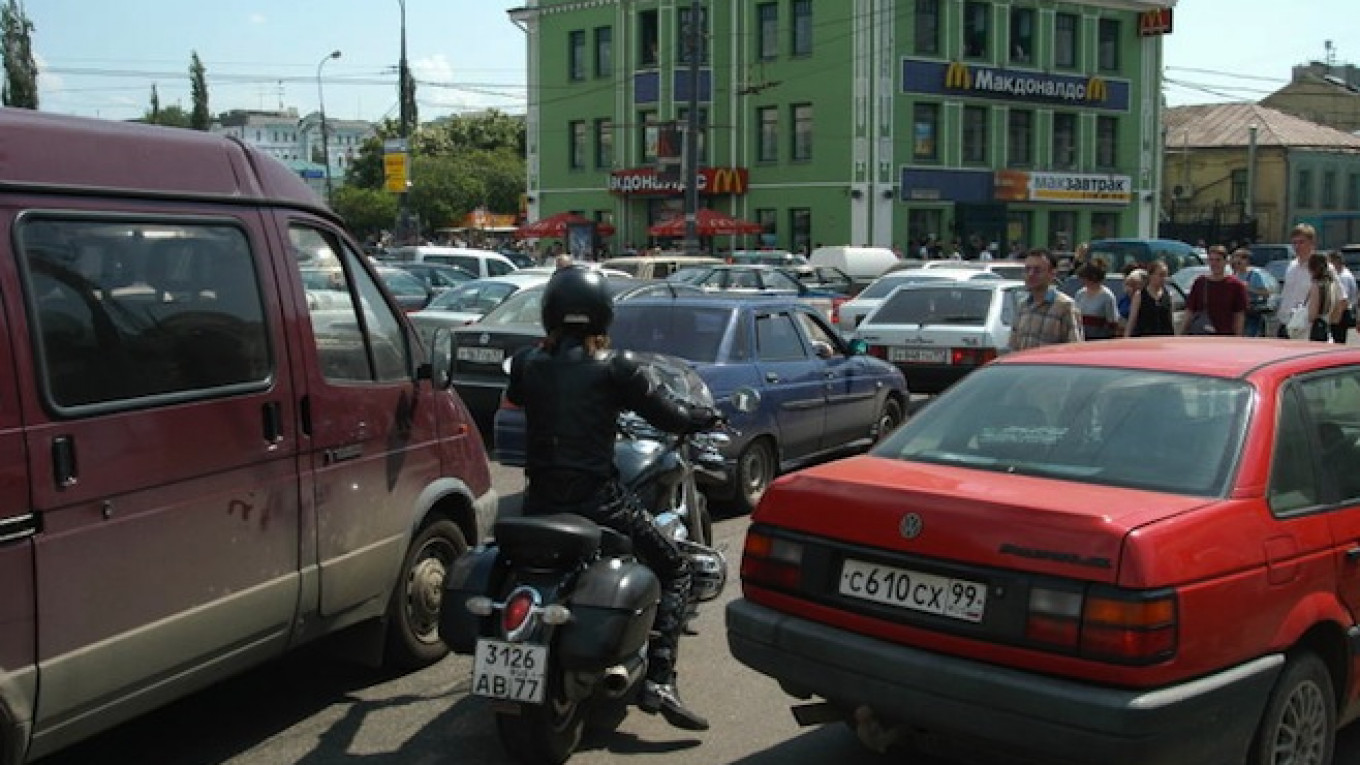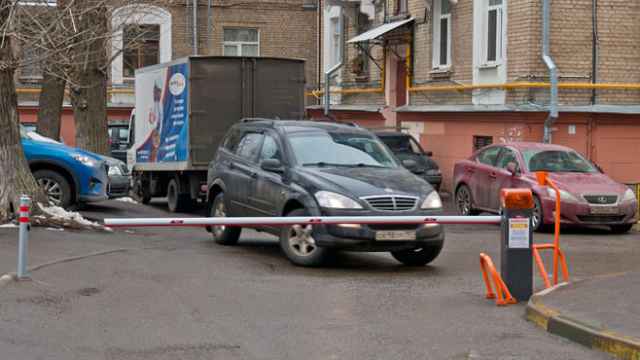The city of Moscow is to launch an official city-wide car-sharing initiative by the end of the year, news agency M24.RU reports based on information provided by the Department of Transport last May.
The suggested short-term car rental scheme will see up to five hundred cars dispatched across the Russian capital. The department's press service told M24.RU they expect to launch in summer or fall.
"In the future, a driver will be able to rent a car for personal use at an affordable price at any time of the day, anywhere in the city," a representative was quoted saying. While city authorities are coordinating the program, car-sharing services will be provided by private companies. The details of how the system will function have not yet been laid out.
According to the news agency, car sharing first appeared in Moscow in 2013, but has struggled to attract clients. In particular, M24.Ru notes that so far Muscovites have had to face a lengthy sign-up process in order to use the service.
Parking space availability can also constitute a challenge. "Parking spots should be closely distributed, following the example of London, where one can find as many car-sharing points as metro stations," a researcher at the Institute of Transport Economics and Transport Policy Studies of the University Higher School of Economics told M24.RU.
Anytime, a service provided by private company Sitikar, has been operating in Moscow for three years. According to their website, they offer "the possibility of renting a car in the capital and using it with maximal efficiency." Anton Gusev, Anytime's Business Development Director, told M24.RU that they had approached the transport authorities about the possibility of collaboration but were yet to receive a reply.
Disclosing plans to develop the car-sharing scheme in November 2014, Deputy Mayor of Moscow and head of the Department of Transport and Road Infrastructure Development Maxim Liksutov said that users will "pay exactly for the time they have driven for." Pyotr Shukmatov, coordinator of the motorist rights group Blue Buckets, described the system as "an intermediary between public transport and taxis" in an interview with the Echo of Moscow radio station.
He stated that "a reasonably priced service could significantly reduce traffic in the city," but expressed doubts that prices would be sufficiently low to be competitive.
Price tariffs for the official scheme are currently under development, but current rates with Anytime range from 5 — 9 rubles per minute depending on the brand of car chosen.
The announcement of the official scheme was followed by the unveiling of at least two new Moscow-based car sharing services. Earlier in June Boris Golikov introduced his care-sharing project, YouDrive, in a letter published by IT news site Zuckerberg Pozvonit "We want to offer a high quality service, and we believe that cars should be available within walking distance," he wrote.
Meanwhile, four graduates from the Skolkovo Startup Academy started a campaign in May on Russian crowd-funding website Boomstarter to gather funds for the launch of BelkaCar, their own car-sharing service
A Message from The Moscow Times:
Dear readers,
We are facing unprecedented challenges. Russia's Prosecutor General's Office has designated The Moscow Times as an "undesirable" organization, criminalizing our work and putting our staff at risk of prosecution. This follows our earlier unjust labeling as a "foreign agent."
These actions are direct attempts to silence independent journalism in Russia. The authorities claim our work "discredits the decisions of the Russian leadership." We see things differently: we strive to provide accurate, unbiased reporting on Russia.
We, the journalists of The Moscow Times, refuse to be silenced. But to continue our work, we need your help.
Your support, no matter how small, makes a world of difference. If you can, please support us monthly starting from just $2. It's quick to set up, and every contribution makes a significant impact.
By supporting The Moscow Times, you're defending open, independent journalism in the face of repression. Thank you for standing with us.
Remind me later.






